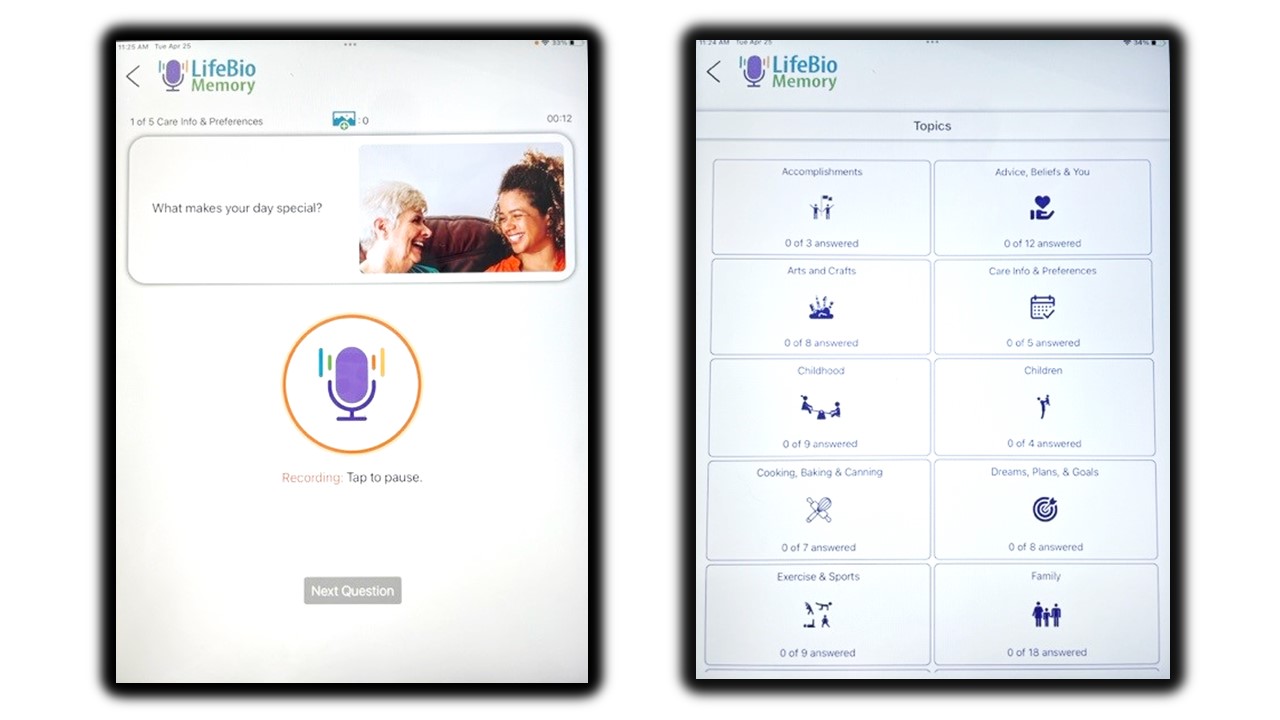The Eden Alternative
Found this article about Eden Alternative and copied it here, you can see the full link above.
Dr. Bill Thomas is a physician specializing in geriatrics and a crusader determined to revolutionize nursing home care. The Harvard graduate and father of five has so far "Edenized" about 300 nursing homes in the United States and a handful in Australia and Europe. He was interviewed by Dale Bell.
I'll put the American nursing home on the critical list. It's not going to make it. It's a relic. It's a left-over vestige of a factory, assembly-line approach to care that is just not going to meet the needs of elders in the 21st century. And in fact, I'll do everything that I can to see that, as we move forward, nursing homes cease to exist.
Why do you think nursing homes have to be unplugged?
I'll put the American nursing home on the critical list In America there are almost 300 million horror stories that people can tell about nursing homes. Everyone's got a story to tell. And the reason there are all these stories to be told is because the nursing home is a relic. The nursing home is supposedly a place for care, but it really becomes a factory of service, where people are provided with services and the gentle art of caring is set aside. And that's a real tragedy for millions of American families.
When you're looking at the American elderly population, the population that needs care, what percentage of those are now in nursing homes? And how should that change?
Right now in America there are about 1.7 million people living in a nursing home. And any adult American who reaches the age of 65 has a 50% chance of spending time, significant time, in a nursing home. That's a vast proportion of our society. Let me give you an example. The only other segment of our society that is more likely to be institutionalized are convicted criminals. We have about 2 million people living in prisons. So here we have a society that uses an institutional pattern for convicted and violent felons and our frail mothers and fathers. And that is a losing proposition in the 21st century.
What has to be done? What does our society have to do to change that paradigm?
The first thing we've got to do is to get away from the idea that there is a long-term care industry. Just the words "long-term care industry" make me want to throw up. Long-term caring for our elders is not an industry. And making it an industry perverts the real value in this. So, first thing we got to do is move decisively away from care as a big business, as a business opportunity.
And I think we can do that by moving away from the idea that care for frail elders has to be localized in buildings we call nursing homes. I think what we're going to see going forward is care for elders being diffused through the community in different places, in different communities, in different ways.
Look at what the boomers did to childbirth The baby boomer generation is coming. And the irresistible force of the baby boomers is about to collide with the unmovable object of the nursing home. And there's going to be explosive change that comes from this collision. The boomers will not leave one stone upon another. They will completely wipe out the nursing home we remember from the 20th century.
What will be in its place? Well, best way I think of understanding this is, when the baby boomers were kids there were three flavors of ice cream, and that was it. And when they got done with ice cream, there's a thousand flavors of ice cream. Well, right now there's just a few flavors of long-term care for the elderly. When they get done, there will be a thousand flavors. And that's the way it should be.
How long is it going to take for this kind of thing to happen?
Well, you know what, a nice way of thinking about what's going to happen to long-term care ... look at child birth. Look at what the boomers did to child birth. When they came along, cigar-chomping obstetricians used to strap women down with leather restraints and pull the baby out. When the boomers got done with 'em, 15 years, 20 years, family birthing centers, jacuzzis, lactation consultants ... Poof! The whole thing was different. So I actually foresee a revolution that's going to be ramping up in the next 2, 3 years and then over the next 10 to 15 years will radically change the approach to elder care in America.
What is the Eden Alternative? Why do we even need to know about it?
Well, in the early 1990's I took a job as a physician at a nursing home, and I took that job because I thought that it would be a break from my real work as a ER doctor. And I fell in love with the work. And I fell in love with the people. And I came to detest the environment in which that care was being provided.
There are almost 300 million horror stories about nursing homes The nursing home takes good, good, loving, caring people and plugs them into an institutional factory-like arrangement. And it's no good. So what I want is an alternative to the nursing home, an alternative to the institution. And the best alternative I can think of is a garden. I believe that every elder should have a chance to live in a garden. I believe that, when we make a place that's worthy of our elders, we make a place that enriches all of our lives, caregiver, family member and elder alike. So the answer the Eden Alternative provides is a reinterpretation of the environment elders live in, from an institution to a garden. That's why we call it the Eden Alternative.
What are the other components, what are the other criteria of the Eden Alternative?
Number one, the organization begins to treat the staff they way they want the staff to treat the elders. Very important. Long-term care has a bad history of treating its staff one way, not so nice, and expecting the staff to treat the elders a different way.
Number two, the organization brings decision making back to the elders and to the people around the elders, so that they have a voice in their, in their daily routine and their life. Crucial, crucial to re-injecting meaning into peoples' lives.
Third, they've taken real steps to make the place where people live rich in plants and animals and children. I want the people to be confused when they walk through the door. What kind of place is this? I mean, there's kids running around and playing and there's dogs and there's cats and there's birds, and there's gardens and plants and ... I want them to be confused. This can't be a nursing home. Right. It's an alternative to the nursing home.
And finally, there has to be a commitment to ongoing growth. We believe in the Eden Alternative that even the frailest, most demented, most feeble elder can grow. And that the young person who maybe has a difficult home life or is living on the edge of poverty, they can grow. That the organization commits itself to human growth. And those words, human growth, nursing home, they've never gone together before and with Eden Alternative they can.
Every elder should have a chance to live in a garden We need to change the way we think about and care for our elders, because by not honoring our elders we damage ourselves. We damage the very fabric of our communities and our society and our families. We do damage to people of all ages when we fail to honor and care for the frailest and chronic, most chronically ill among us. It's a bad habit which leads to bad things in other parts of our society.
We need to be concrete about it. If we want to improve life for everybody in our society, one of the very best places to begin is changing how we think about, care for and honor our elders. That thread, if you trace it all the way back, is woven through the whole context of our, our social life, our families, our churches, our communities. If we can master the art of caring for our elders, we can make a better society for everybody to live in.
More about The Eden Alternative ...
A Nursing Home Alternative NewsHour with Jim Lehrer, Feb. 27, 2002 Edenalt.com The Eden Alternative's official Web site (outside link)


